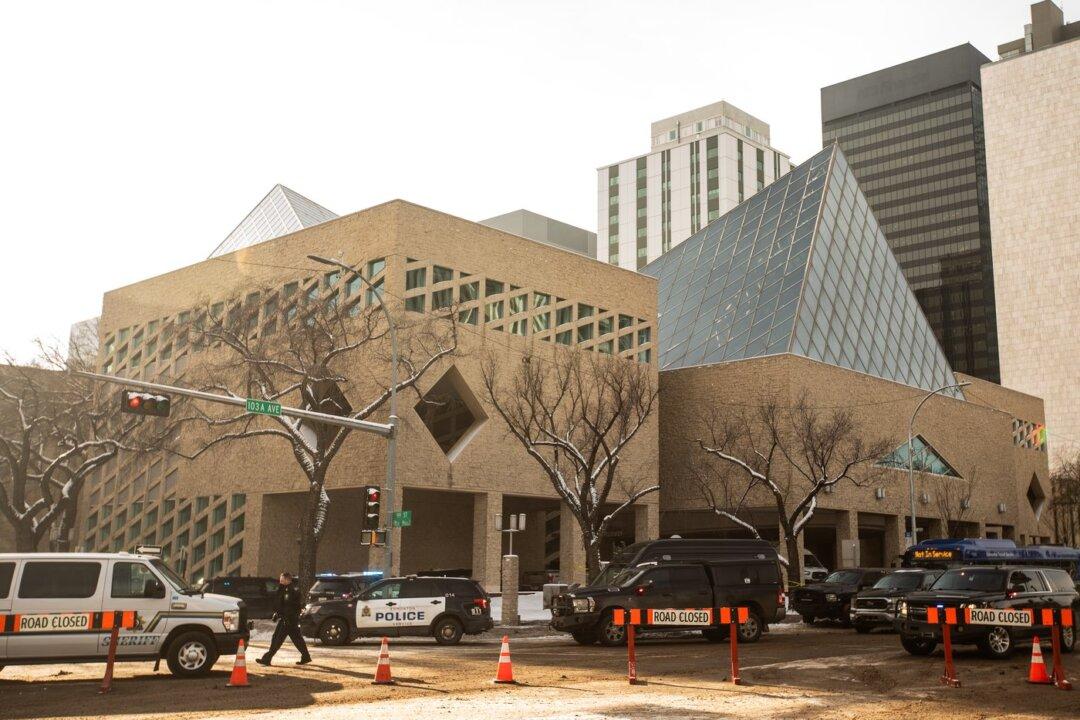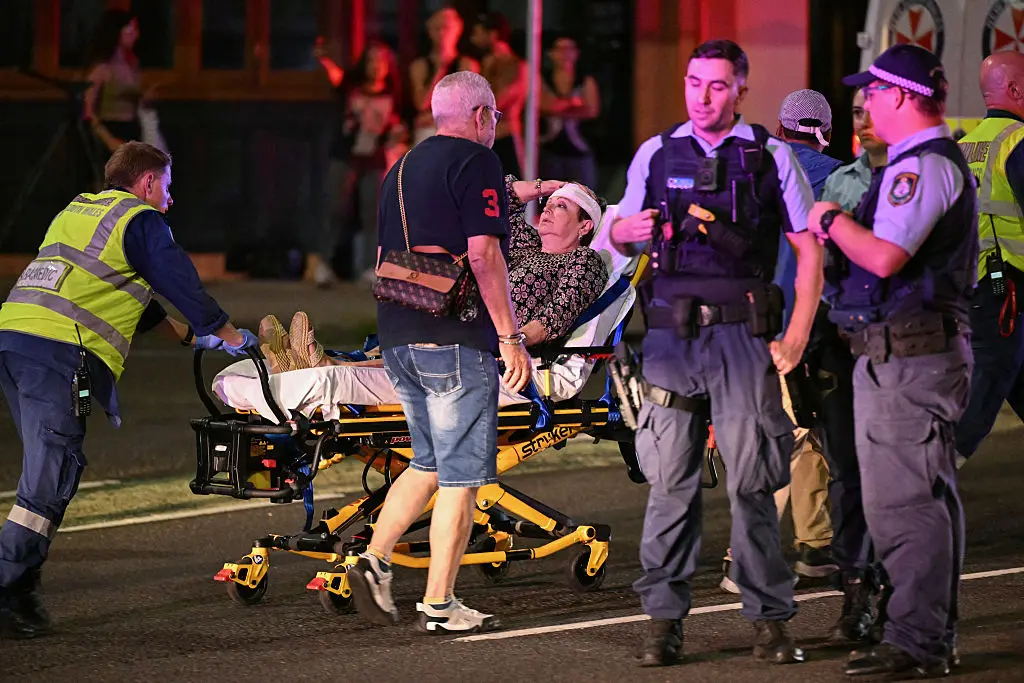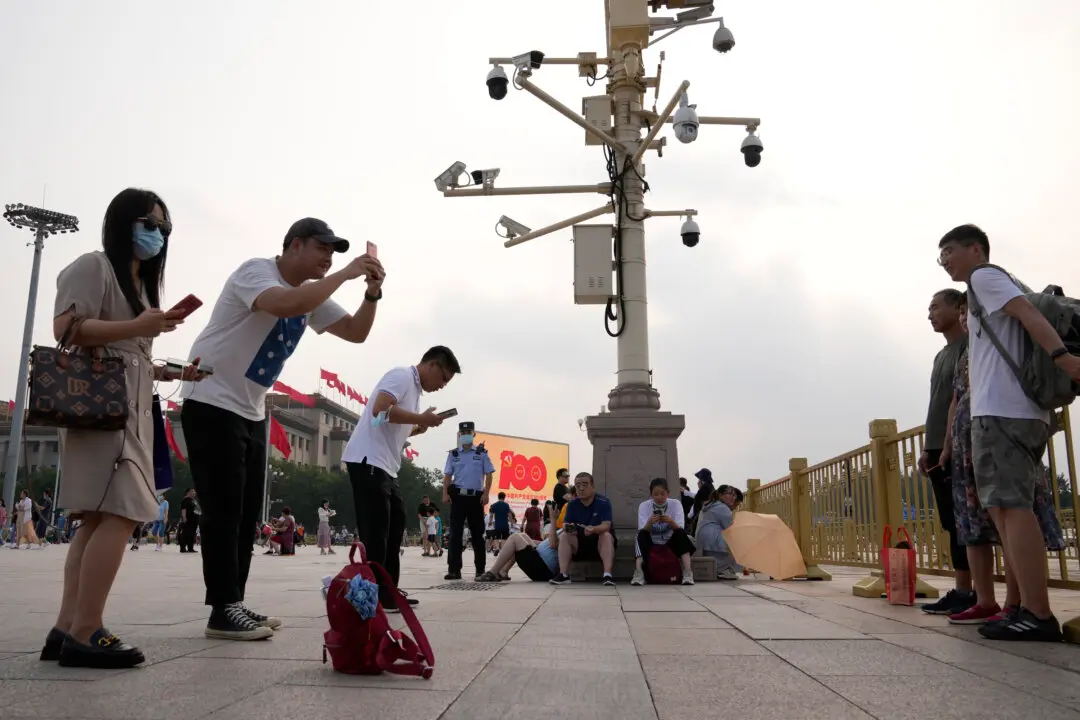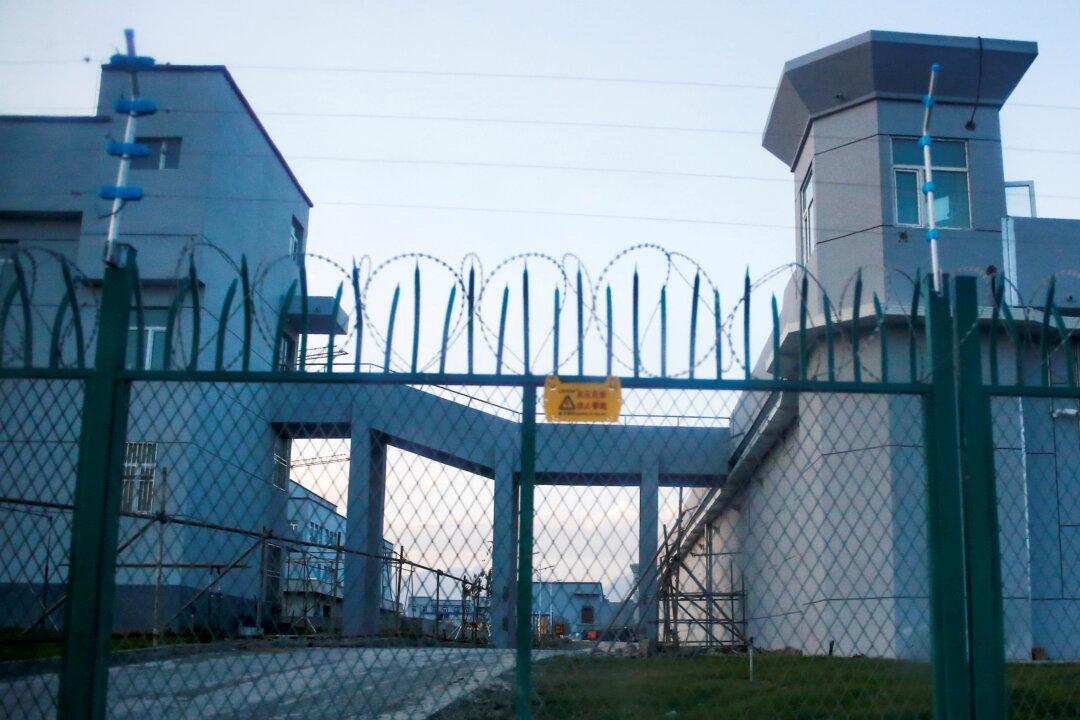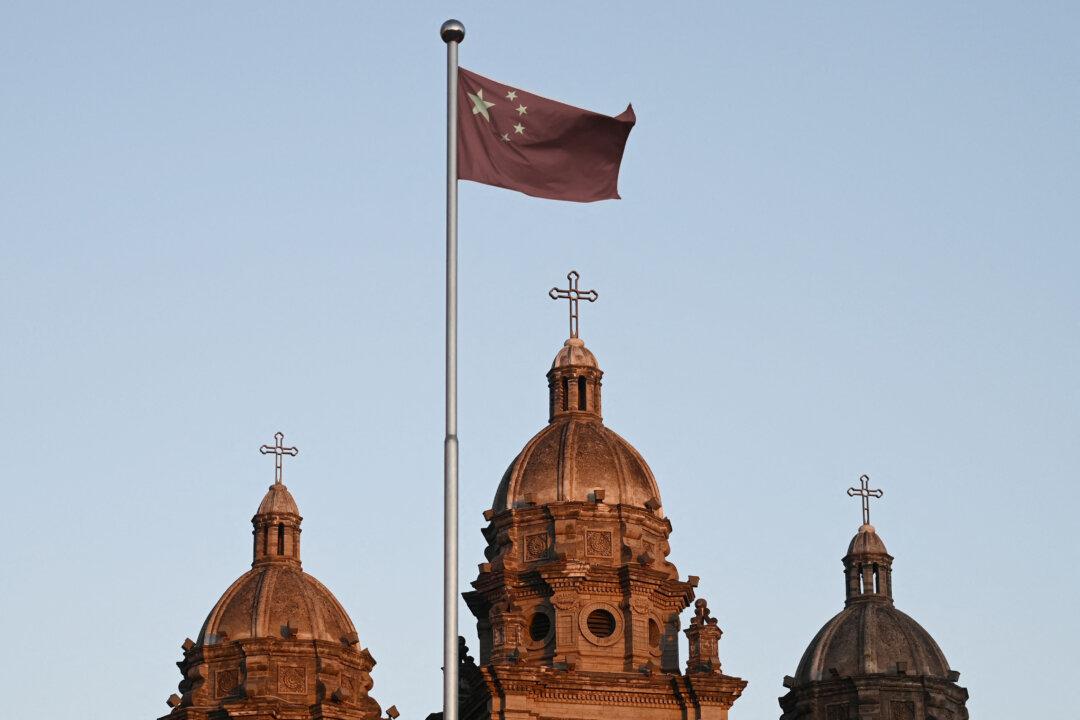Commentary
There is an old adage associated with spy agencies when asked a simple question: “I can neither confirm nor deny what you have just told me.” There is also the less serious, “I could tell you but then I’d have to kill you,” but we will set that one aside, as it is silly.
